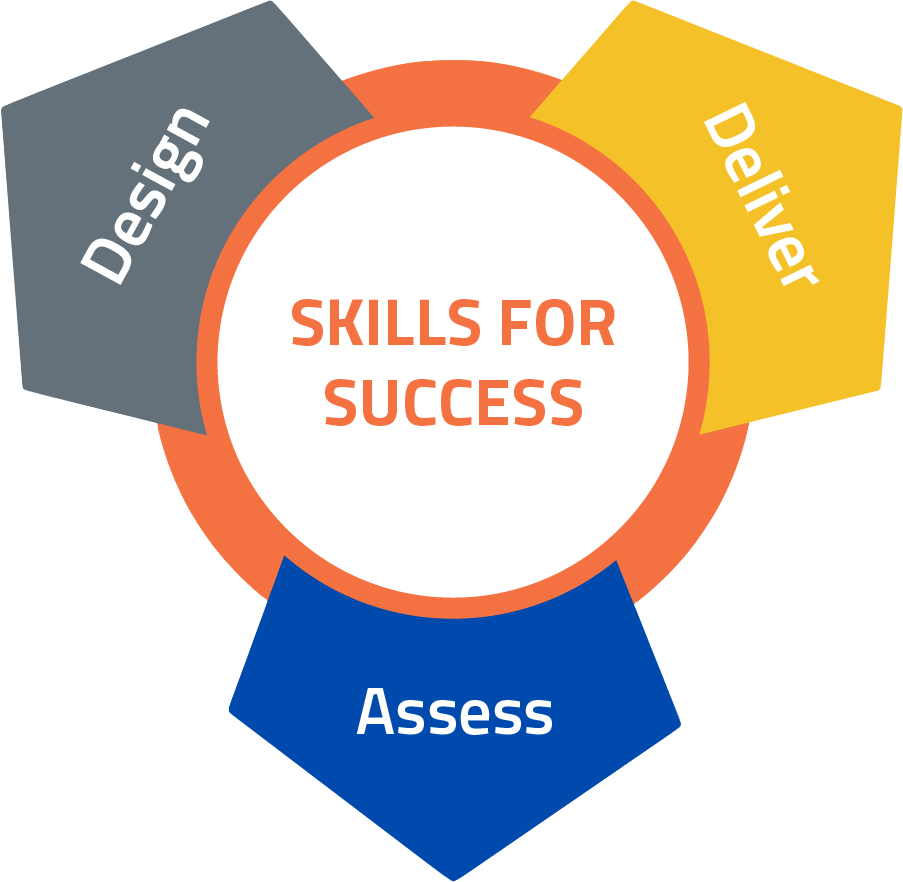Culturally relevant and responsive curriculum incorporates participants’ cultural experiences and perspectives for effective teaching and learning.
- Inclusion Canada: Culturally Relevant Education: http://www.inclusioncanada.net/culturallyrelevantpedagogy.html
- Gay, G. (2002). Preparing for culturally responsive teaching. Journal of Teacher Education, 53(2), 106-116. https://doi.org/10.1177/0022487102053002003 (login required)
